Information and electric vehicles of the [object Object] brand
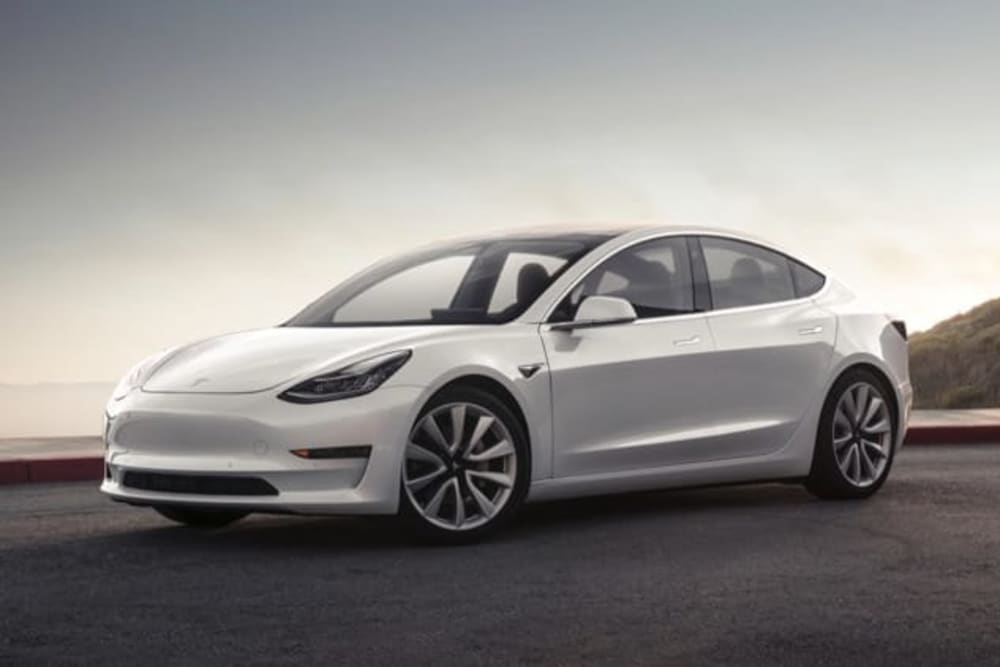
![[object Object] logo](https://res.cloudinary.com/donyiousk/image/upload/w_80/f_auto/c_scale,w_500/v1/car/w6aykfk3p4a8vcrrebrs)
Tesla
Reimagine mobility.


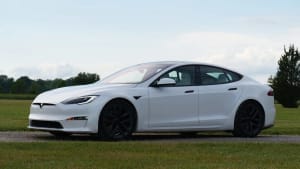
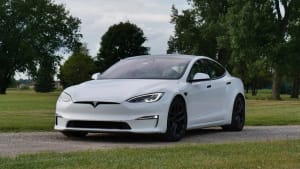

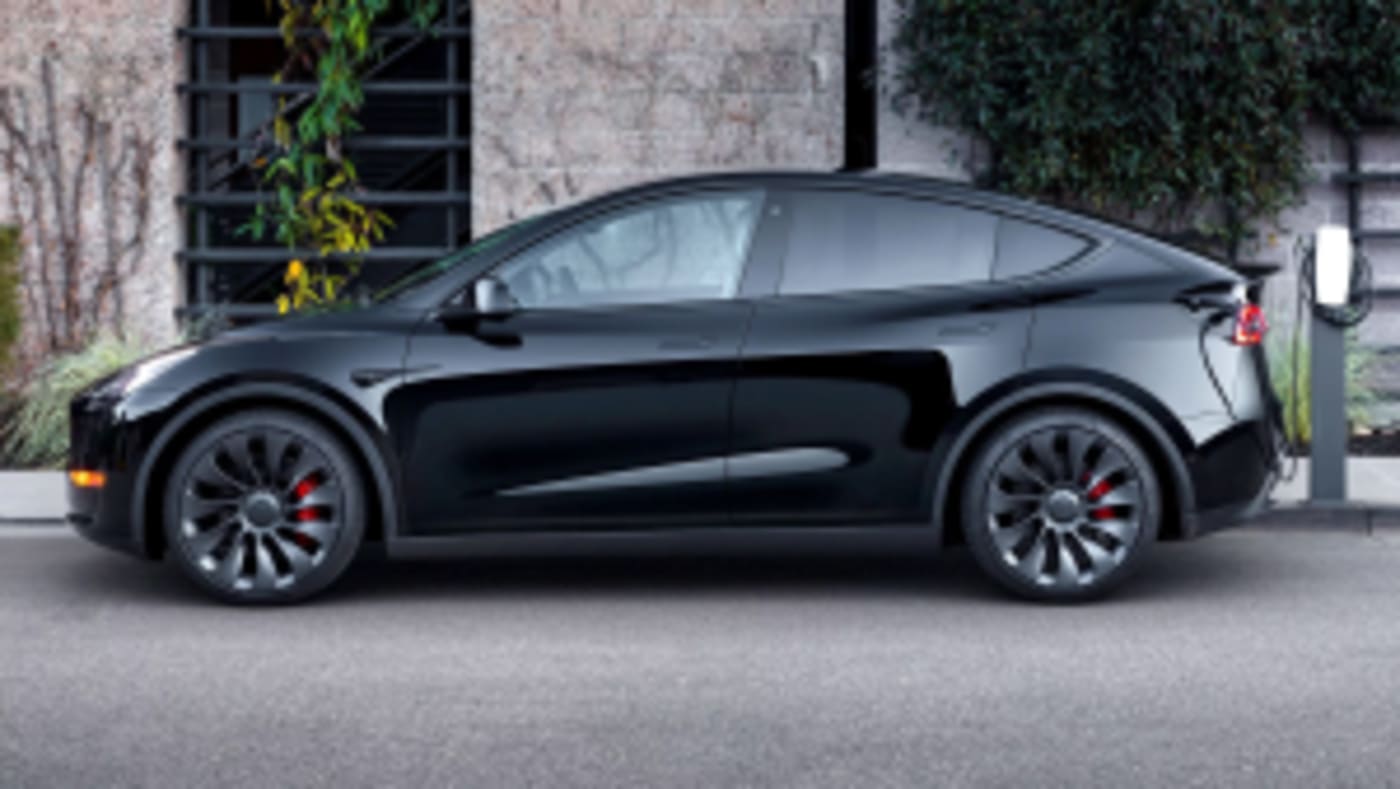

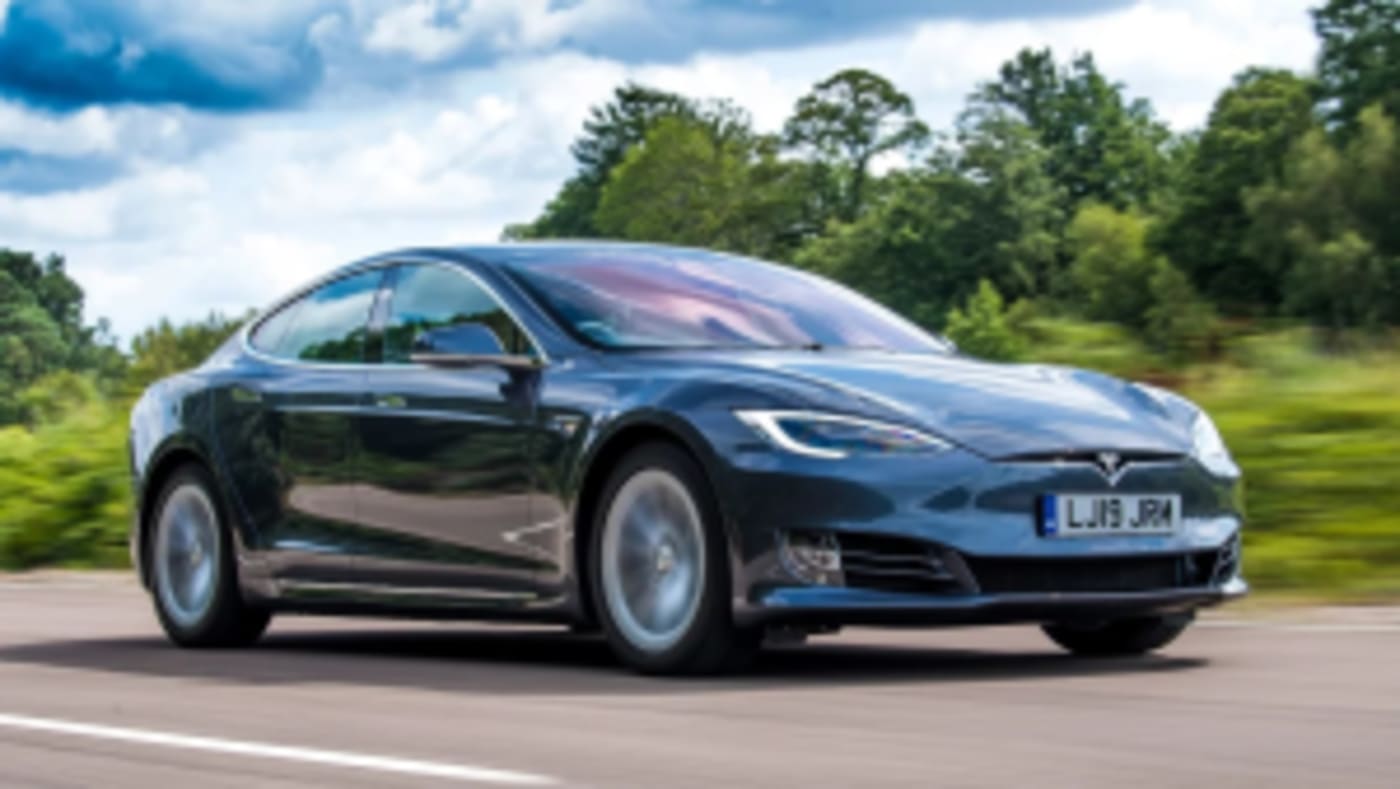
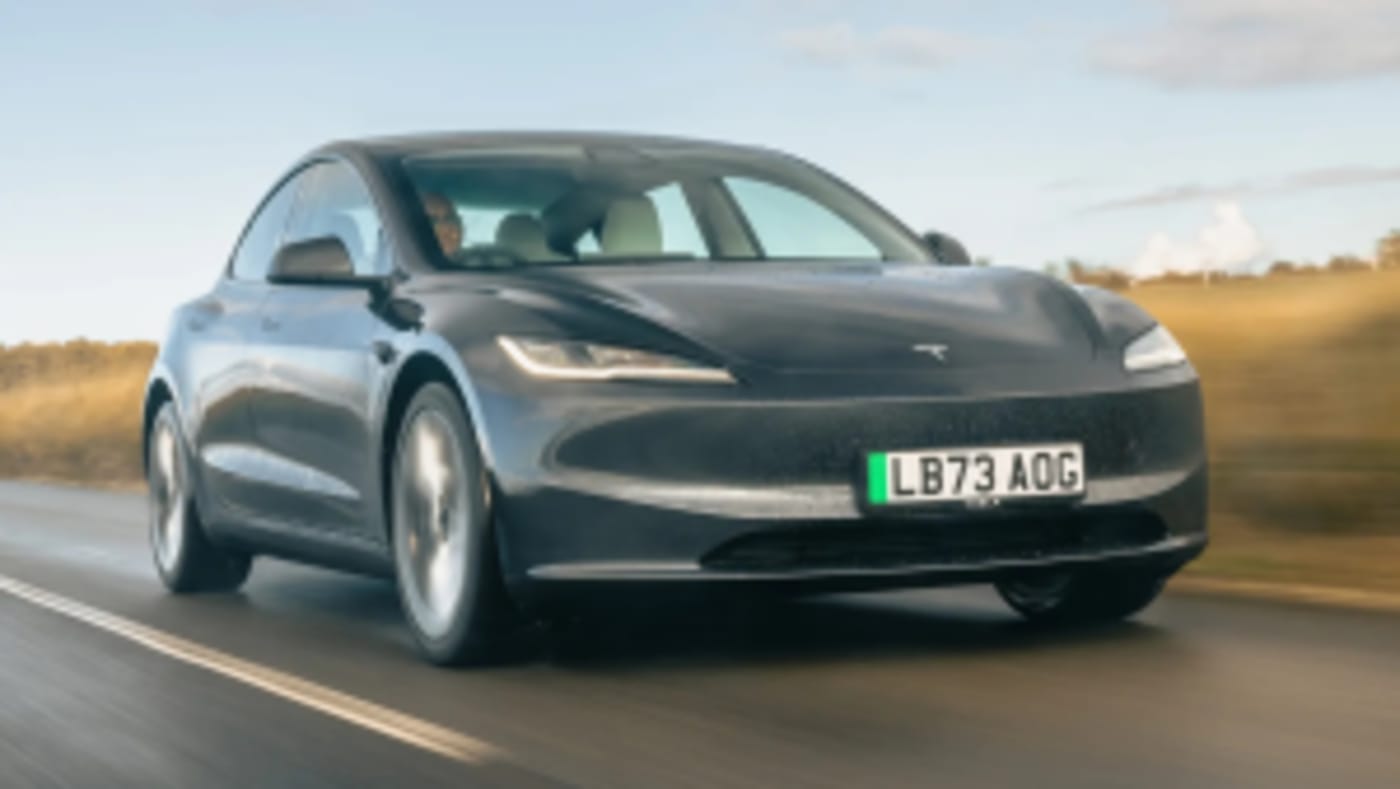
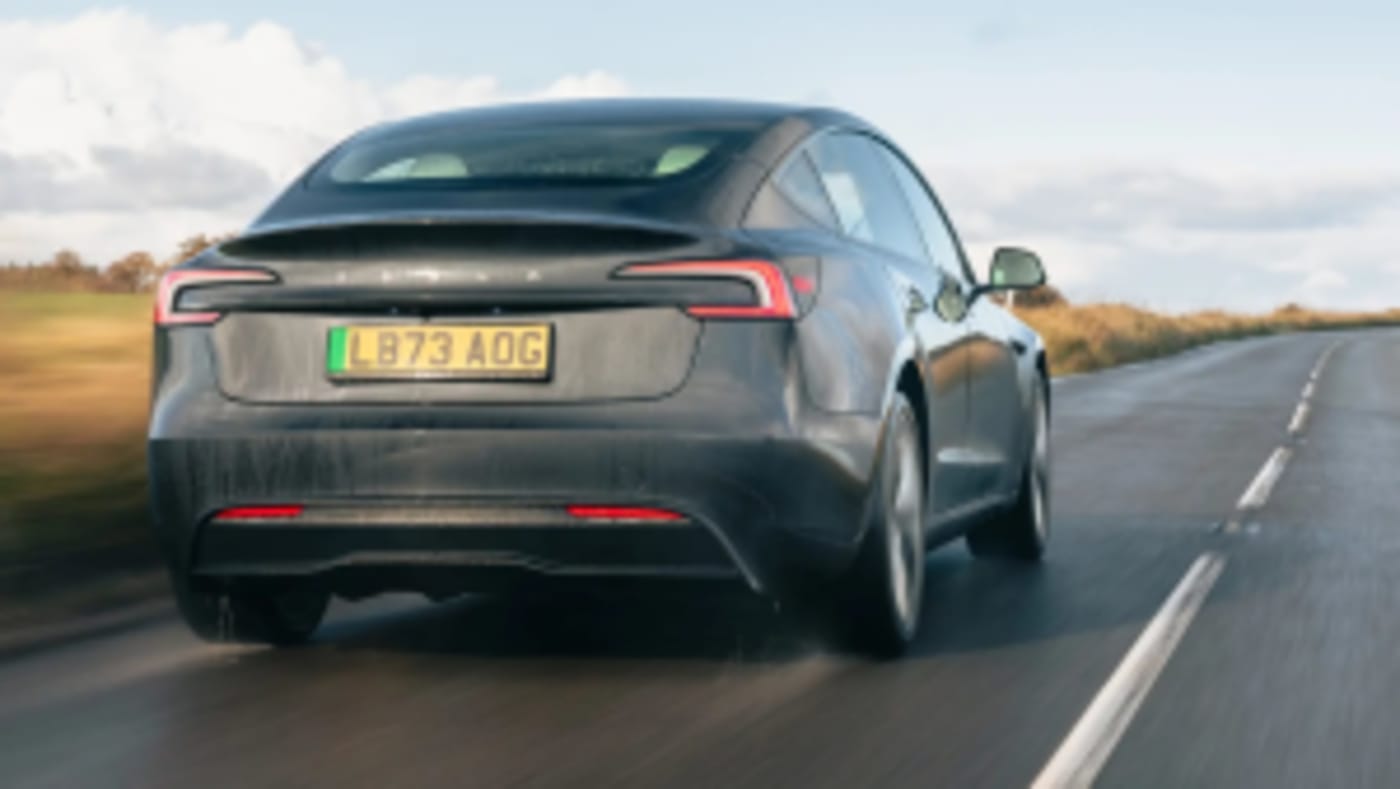
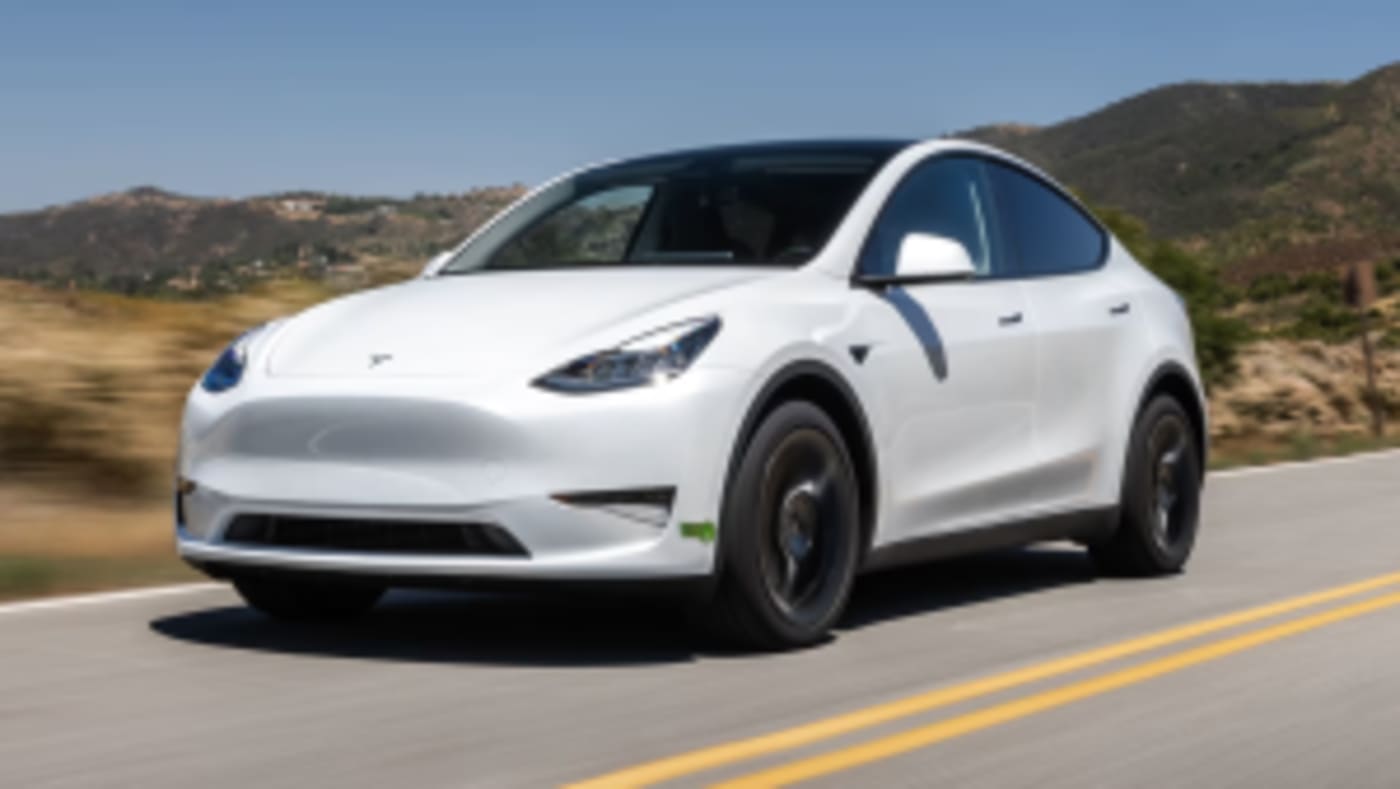
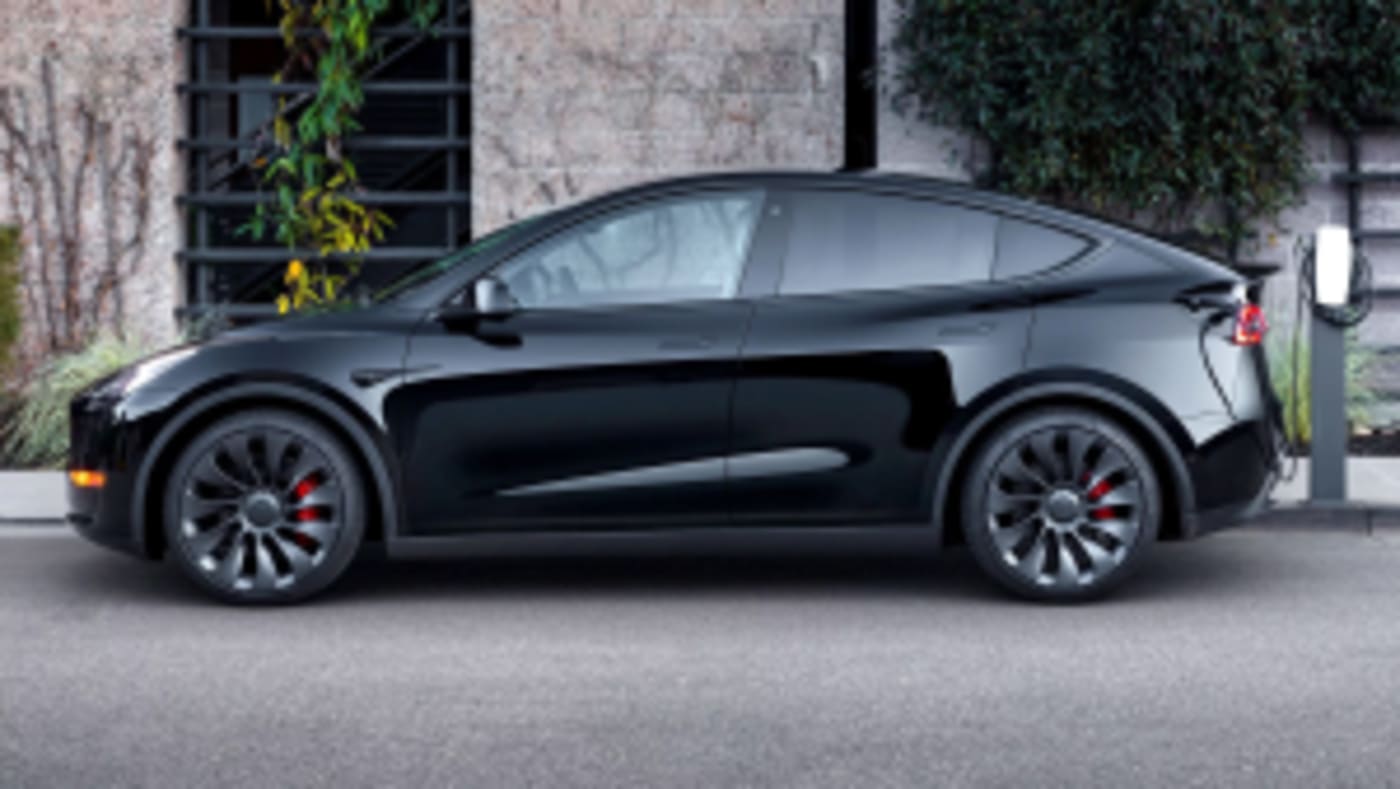


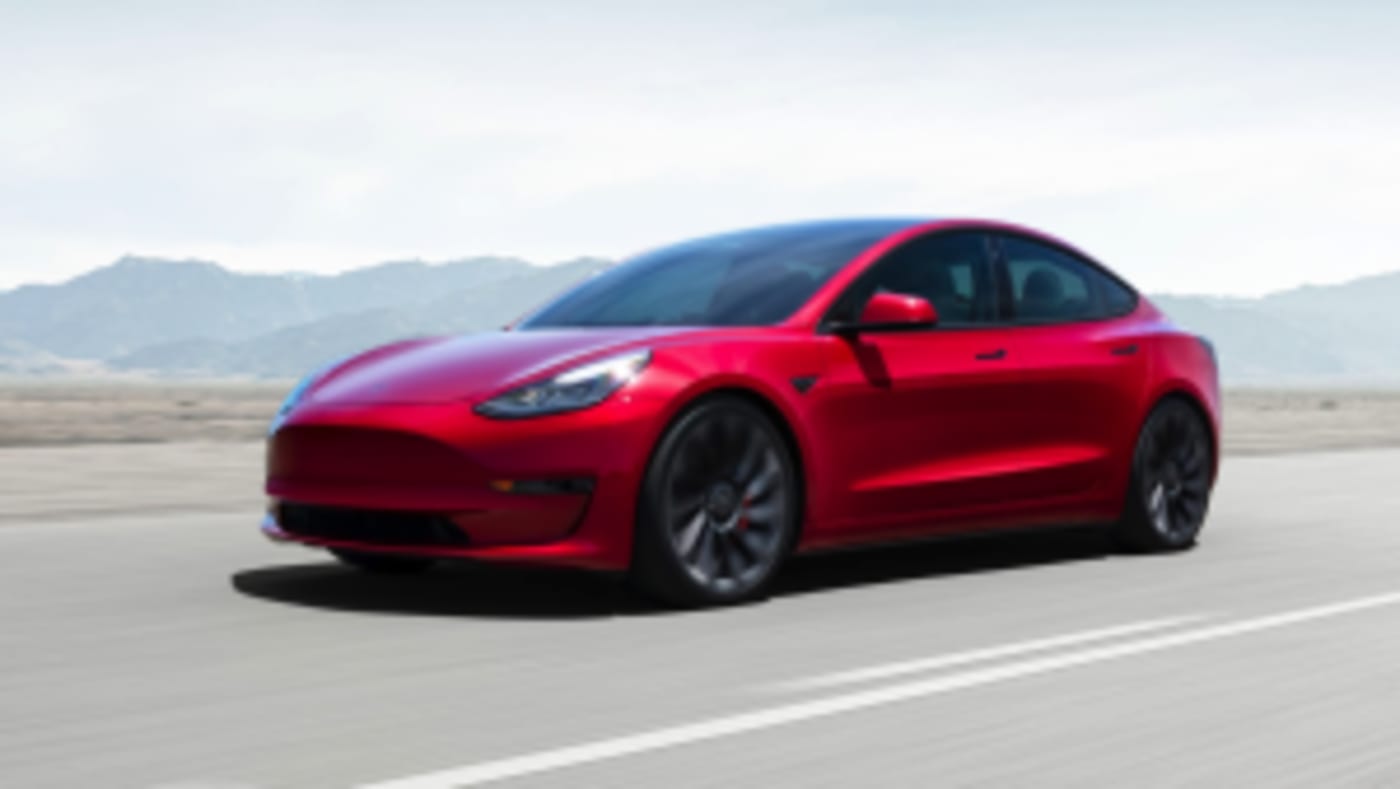
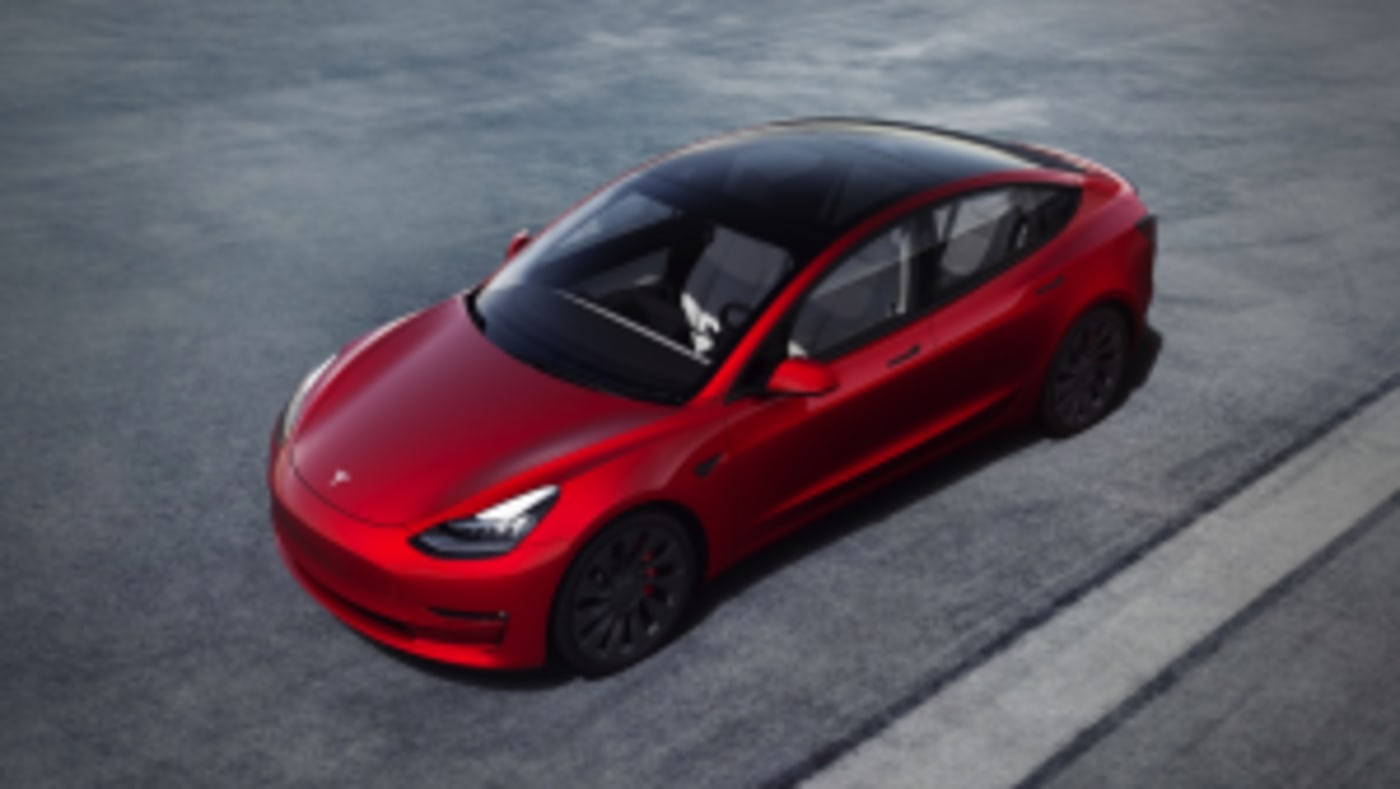

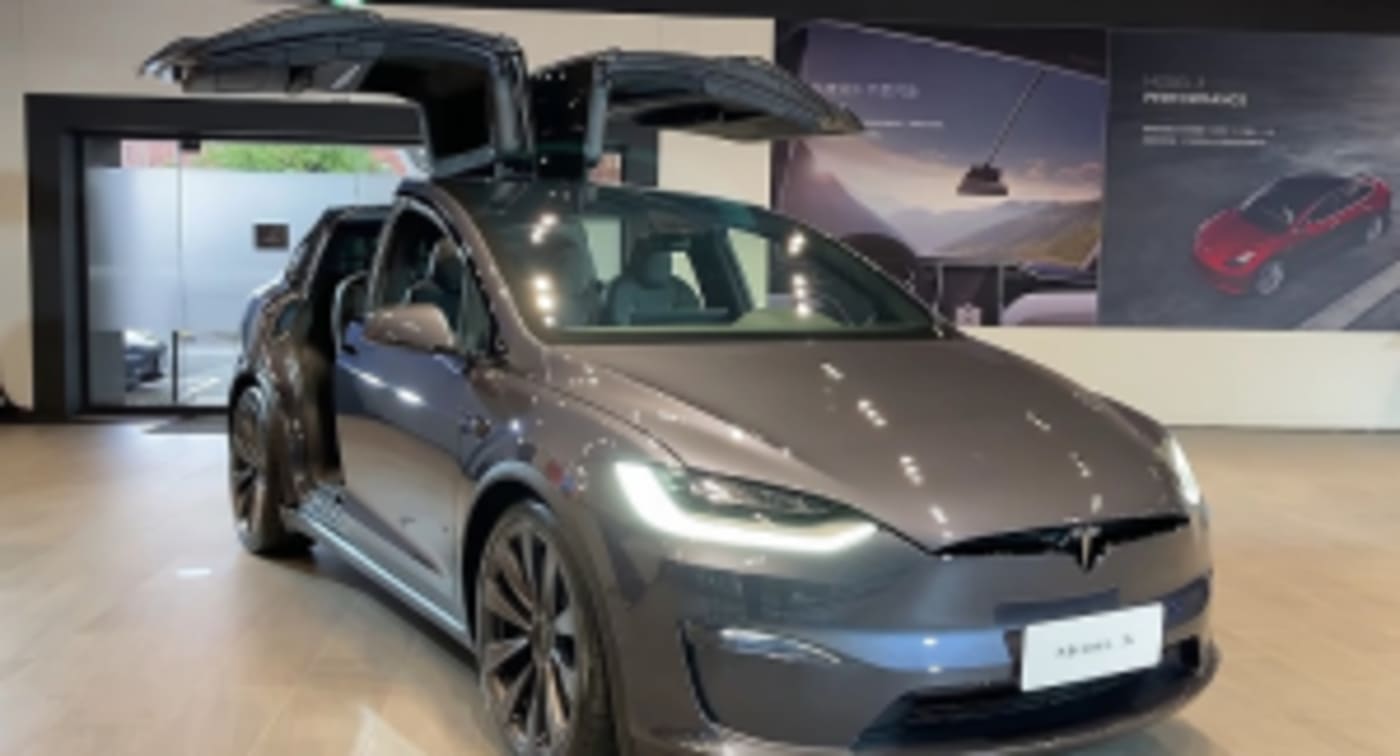
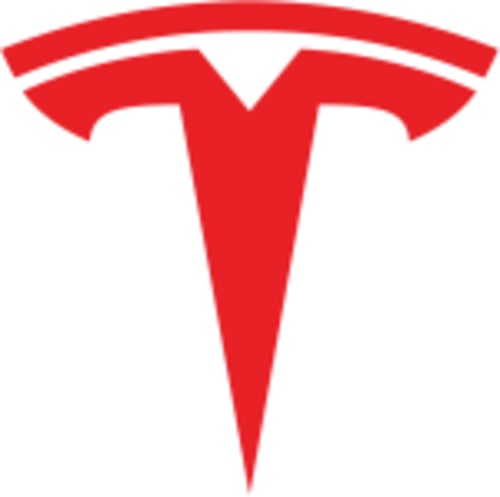
Tesla electric vehicles
Tesla is an American electric vehicle and clean energy company. Tesla designs and manufactures electric cars, battery energy storage from home to grid-scale, solar panels and solar roof tiles, and sells renewable energy certificates. Tesla is a global leader in the electric vehicle market, and its vehicles are known for their long range, high performance, and advanced technology.
Tesla is a global leader in the electric vehicle market. The company was founded in 2003 and has since become one of the most valuable automakers in the world. Tesla's vehicles are known for their long range, high performance, and advanced technology.
Tesla's business is growing rapidly. In 2022, the company delivered over 936,000 vehicles, a 50% increase over the previous year. Tesla is also expanding its production capacity. In 2022, the company opened new factories in Texas and Germany. Tesla plans to open more factories in the coming years, including factories in China and India.
Tesla is facing increasing competition from other automakers, such as Volkswagen, Ford, and General Motors. However, Tesla remains the market leader in the electric vehicle market.
Some of the most popular Tesla electric vehicles include:
- Tesla Model 3: The Tesla Model 3 is a midsize electric sedan that offers a range of up to 358 miles on a single charge. It can accelerate from 0 to 60 mph in 3.1 seconds. The Model 3 comes standard with rear-wheel drive, but all-wheel drive is available as an option. It also comes standard with a suite of advanced safety features, including automatic emergency braking, lane departure warning, and adaptive cruise control.
- Tesla Model Y: The Tesla Model Y is a midsize electric SUV that offers a range of up to 330 miles on a single charge. It can accelerate from 0 to 60 mph in 3.5 seconds. The Model Y comes standard with all-wheel drive and a suite of advanced safety features, including automatic emergency braking, lane departure warning, and adaptive cruise control.
- Tesla Model S: The Tesla Model S is a full-size electric sedan that offers a range of up to 405 miles on a single charge. It can accelerate from 0 to 60 mph in 1.99 seconds. The Model S comes standard with all-wheel drive and a suite of advanced safety features, including automatic emergency braking, lane departure warning, and adaptive cruise control.
- Tesla Model X: The Tesla Model X is a full-size electric SUV that offers a range of up to 351 miles on a single charge. It can accelerate from 0 to 60 mph in 2.6 seconds. The Model X comes standard with all-wheel drive and a suite of advanced safety features, including automatic emergency braking, lane departure warning, and adaptive cruise control.
What makes Tesla EVs different from other brands?+
There are several key factors that make Tesla EVs stand out from other brands in the market:
Focus on Electric Vehicles:
- Ground Up Design: Tesla's EVs are designed and built from the ground up as electric vehicles, unlike some other brands that adapt existing gasoline car platforms. This allows for optimal battery placement, weight distribution, and performance.
- Performance: Tesla EVs are known for their impressive acceleration, handling, and range. They often lead the pack in terms of performance metrics, offering a sporty and exciting driving experience.
Technology and Innovation:
- Battery Technology: Tesla has invested heavily in battery research and development, resulting in some of the longest-range and most efficient batteries in the market. They also focus on in-house battery production, giving them more control over quality and innovation.
- Software and Features: Tesla utilizes advanced software for its infotainment system, autopilot features, and over-the-air updates. This allows for continuous improvement and new features without needing to visit a service center.
- Supercharger Network: Tesla has built its own extensive network of fast-charging stations, addressing one of the main concerns for EV adoption – range anxiety. This network makes long-distance travel more feasible and convenient for Tesla owners.
Brand and Image:
- Luxury Appeal: Tesla has positioned itself as a premium brand, with higher price points and luxurious interiors. This attracts tech-savvy and environmentally conscious consumers who value innovation and design.
- Direct-to-Consumer Sales: Tesla primarily sells its vehicles directly to consumers online, bypassing traditional dealerships. This simplifies the buying process and potentially cuts costs.
- Strong Brand Identity: Tesla enjoys a strong brand identity associated with sustainability, technology, and innovation. This attracts loyal followers and generates significant buzz around new releases.
However, it's important to remember that other brands are catching up. Many established manufacturers are now offering competitive electric vehicles with advanced features and longer ranges. The EV market is becoming increasingly diverse, so it's crucial to compare various options based on your needs and budget.
Ultimately, the choice between Tesla and other brands depends on your individual priorities. If you value performance, range, technology, and brand image, Tesla might be a good fit. However, if you prioritize affordability, practicality, or broader variety, other brands might offer better options.
What are the different models of Tesla EVs available?+
Tesla currently offers four main models of electric vehicles EVs:
1. Model S: This is Tesla's flagship sedan, known for its luxurious interior, long range up to 396 miles, and powerful performance. It comes in several configurations, including a Plaid version with incredible acceleration.
2. Model 3: This is Tesla's more affordable sedan, aimed at a wider market. It still offers good range up to 333 miles and performance, along with a minimalist and modern design.
3. Model X: This is Tesla's unique SUV, featuring falcon-wing doors and a spacious interior. It offers up to 351 miles of range and comes in multiple versions, some with six or seven seats.
4. Model Y: This is Tesla's compact SUV, sharing many features with the Model 3 but offering more cargo space and headroom. It has a range of up to 330 miles and comes in both Long Range and Performance configurations.
Here's a brief summary table comparing the key features of each model:
| Feature | Model S | Model 3 | Model X | Model Y |
|---|---|---|---|---|
| Body Style | Sedan | Sedan | SUV | SUV |
| Price Range | $94,990 - $154,990 | $46,990 - $57,990 | $105,990 - $169,990 | $51,990 - $63,990 |
| Range EPA est. | Up to 396 miles | Up to 333 miles | Up to 351 miles | Up to 330 miles |
| Seating Capacity | 5 or 6 | 5 | 6 or 7 | 5 |
In addition to these main models, Tesla also offers the Cybertruck, a futuristic pickup truck that is currently in production, and the Semi, a heavy-duty electric truck aimed at commercial fleets.
Ultimately, the best Tesla model for you will depend on your budget, needs, and preferences. Consider factors like range, performance, cargo space, and seating capacity when making your decision.
How much do Tesla EVs cost?+
The cost of a Tesla EV can vary depending on the model and configuration you choose. Here's a breakdown of the base prices for each model as of January 2024:
- Model 3: $43,990
- Model Y: $48,490
- Model S: $74,990
- Model X: $79,990
Please note that these are just starting prices, and the final price of your Tesla could be higher depending on options and destination fees. Tesla also offers a number of upgrades and add-ons that can increase the price of your car, such as self-driving features, a premium sound system, and different paint colors.
In addition to the base price, you should also factor in the cost of ownership when considering a Tesla. This includes things like electricity costs, insurance, and maintenance. However, it's important to remember that Tesla EVs are much cheaper to operate than gas-powered cars, so you can save money in the long run.
Here are some things to keep in mind when deciding how much you can afford to spend on a Tesla:
- Your budget: It's important to be realistic about how much you can afford to spend on a car. Don't forget to factor in the cost of insurance, registration, and maintenance.
- Your needs: Consider how you will use your car. If you need a car for commuting, you may not need a high-performance model.
- Your wants: Decide what features are important to you. Are you willing to pay extra for self-driving features or a premium sound system?
What is the range of Tesla EVs?+
The range of Tesla EVs varies depending on the model and trim level. Here's a quick overview:
- Model S: The Tesla Model S has the longest range of any Tesla EV, with an EPA-estimated range of 405 miles for the Long Range Plus and Plaid trims. The base Rear-Wheel Drive model has a range of 387 miles.
- Model 3: The Tesla Model 3 has a range of 330 miles for the Long Range model and 272 miles for the Rear-Wheel Drive model.
- Model X: The Tesla Model X has a range of 348 miles for the Long Range Plus and Plaid trims. The base Long Range model has a range of 303 miles.
- Model Y: The Tesla Model Y has a range of 330 miles for the Long Range and Performance trims. The base Rear-Wheel Drive model has a range of 270 miles.
It's important to note that the EPA-estimated range is just that: an estimate. Your actual range will vary depending on a number of factors, including:
- Driving conditions: Highway driving will generally use less energy than city driving.
- Weather: Cold weather can reduce the range of an EV.
- Driving habits: Aggressive driving will use more energy than moderate driving.
- Cargo and passengers: The more weight you're carrying, the less range you'll get.
If you're considering buying a Tesla EV, it's important to take these factors into account and choose a model with a range that will meet your needs. You can also use Tesla's online range calculator to get a more personalized estimate of how far you can go on a single charge.
How long does it take to charge a Tesla EV?+
The charging time for a Tesla EV depends on several factors, including:
1. Charging method:
- Tesla Supercharger: This is the fastest option, adding up to 200 miles of range in just 15 minutes. A full charge typically takes around an hour.
- Tesla Wall Connector Level 2: Installed at your home, it delivers 35-44 miles of range per hour, charging a Tesla fully in 8-10 hours.
- Mobile Connector Level 1: Plugged into a standard outlet, it provides 2-3 miles of range per hour, taking several days for a full charge.
2. Tesla model: Different models have slightly different battery capacities and charging speeds.
3. Battery level: Charging from 0% to 100% takes longer than topping up a partially charged battery.
4. Environmental factors: Colder temperatures can slow down charging.
Here's a quick summary:
| Charging method | Range per hour | Full charge time approx. |
|---|---|---|
| Tesla Supercharger | 200 miles | 1 hour |
| Tesla Wall Connector | 35-44 miles | 8-10 hours |
| Mobile Connector | 2-3 miles | 5 days Tesla Model 3 |
I hope this gives you a general idea of how long it takes to charge a Tesla. If you tell me the specific model and charging method you're interested in, I can provide more precise information.
What are the maintenance requirements for a Tesla EV?+
Unlike traditional gas-powered vehicles, Teslas require significantly less maintenance, thanks to their electric drivetrains and advanced technology. However, there are still some key things you'll need to keep an eye on to ensure your Tesla performs optimally:
Routine Checks:
- Daily checks: Before driving, perform a quick visual inspection of all exterior lights, horn, turn signals, wipers and washers, and check for any unexpected indicator lights or vehicle alerts on the touchscreen. Also, ensure proper operation of brakes and seat belts.
- Tire rotation: Every 6,250 miles 10,000 km) or if the tread depth difference between tires is 2/32 inch (1.5 mm or greater, whichever comes first.
Interval-Based Maintenance:
- Cabin air filter: Replace every 2 years.
- Brake fluid: Health check every 4 years, followed by replacement if necessary.
- A/C desiccant bag: Replace every 4 years.
- Brake calipers: Clean and lubricate every year or 12,500 miles 20,000 km if you live in an area with winter road salting.
Additional Points:
- No need for traditional oil changes, fuel filters, spark plug replacements, or emission checks.
- Regenerative braking significantly reduces wear on brake pads, leading to less frequent replacements. However, Tesla recommends occasionally using the mechanical brakes to prevent rust and corrosion.
- Refer to your Tesla owner's manual for specific maintenance schedules and procedures based on your model year.
- Tesla Service Centers offer scheduled maintenance appointments. You can schedule these through the Tesla app.
Additional Resources:
- Tesla Maintenance Service Intervals: Link
- Vehicle Maintenance | Tesla Support: Link
By following these guidelines and your owner's manual recommendations, you can ensure your Tesla EV receives the necessary care to optimize its performance, reliability, and resale value. Remember, while Teslas require less maintenance than traditional vehicles, neglecting even the essential steps can lead to problems down the road.
Does Tesla offer any tax credits or incentives for purchasing an EV?+
Yes, Tesla vehicles may qualify for both federal and state tax credits or incentives- when you purchase one. Here's a breakdown:
Federal Tax Credit:
- The Inflation Reduction Act of 2022 changed the rules for the federal EV tax credit in 2023 and beyond. Currently, you may be eligible for a credit up to $7,500 for purchasing a new, qualified Tesla vehicle.
- There are some new requirements compared to previous years:
- The credit starts phasing out for manufacturers once they sell a certain number of EVs Tesla is nearing this limit for certain models.
- There are new income limits for individuals to qualify for the full credit.
- The minimum credit amount is now $3,751.
State Tax Credits:
- Many states offer additional tax credits or incentives for purchasing EVs. These vary depending on the state, so you'll need to check with your local government or a resource like the Plug-In America website to see what's available in your area.
- Some states, like California, currently offer significant additional credits for buying Tesla vehicles.
Other Incentives:
- Tesla may also offer additional discounts or promotions for purchasing an EV. You can check their website or contact a Tesla representative for more information.
Resources:
- Tesla's website: Link
- IRS website: Link
- Plug-In America website: Link
Remember, to qualify for any tax credits or incentives, you must meet all the relevant requirements. It's best to consult with a tax professional or directly contact Tesla or your state government for specific guidance.
What is the warranty on a Tesla EV?+
The warranty on a Tesla EV actually includes several different warranties, each covering specific components and with varying durations:
Basic Vehicle Limited Warranty:
- Covers the entire vehicle for 4 years or 50,000 miles, whichever comes first.
- This warranty applies to defects in materials or workmanship of any parts manufactured or supplied by Tesla.
- Excludes normal wear and tear.
Battery and Drive Unit Limited Warranty:
- Covers the battery and drive unit for 8 years or 100,000 miles, whichever comes first, with minimum 70% retention of battery capacity over the warranty period.
- This warranty applies to defects in materials or workmanship of the battery and drive unit.
- Note that the specific mileage coverage for your Tesla model may vary depending on region. You can find the exact details for your model on Tesla's website.
Other Warranties:
- Parts, Body & Paint Repair Limited Warranty: 12 months or 12,500 miles.
- Wall Connectors: 4 years.
- Touchscreen and Media Control Unit: 2 years or 25,000 miles.
Used Tesla EVs:
- Used Teslas are covered by the remaining time on the Basic Vehicle Limited Warranty and Battery and Drive Unit Limited Warranty.
- After the expiration of the original warranties, a Used Vehicle Limited Warranty provides additional coverage for 1 year or 20,000 miles.
Here are some additional resources you may find helpful:
- Tesla Vehicle Warranty page: Link
- Find your specific model's warranty details: Link
Where can I learn more about Tesla EVs?+
There are many great resources to learn more about Tesla EVs! Here are a few options, depending on your preferred learning style:
Official Tesla resources:
- Tesla website: The official Tesla website is a good starting point. You can browse through their different models, explore their specs and features, compare prices, and even schedule a test drive. They also have a blog with updates on the latest news and events.
- Tesla showrooms: Visiting a Tesla showroom is a great way to see the cars in person, ask questions to product specialists, and even take a test drive. You can find a list of showrooms on the Tesla website.
- Tesla Autopilot and Full Self-Driving Capability YouTube channel: This channel features videos explaining Tesla's Autopilot and Full Self-Driving Capability features, how they work, and their capabilities and limitations.
Independent resources:
- Car review websites: Many car review websites, like Car and Driver, Edmunds, and Consumer Reports, have detailed reviews of Tesla EVs. These reviews can provide you with unbiased information on the pros and cons of each model, as well as comparisons to other electric and gas-powered vehicles.
- Electric vehicle EV news websites: Websites like Electrek and InsideEVs focus on news and information about electric vehicles, including Tesla. They can keep you up-to-date on the latest developments in the EV industry and provide you with in-depth articles on specific topics.
- Tesla owner forums and communities: There are many online forums and communities dedicated to Tesla owners. These can be a great resource to learn from other owners, ask questions, and get tips on owning and maintaining a Tesla EV.
Additional tips:
- Watch YouTube videos: There are many great YouTube channels that create content about Tesla EVs. These channels can provide you with reviews, comparisons, and tutorials on various topics related to Tesla.
- Follow Tesla on social media: Tesla is active on social media, such as Twitter and Instagram. Following them can keep you up-to-date on the latest news and announcements.
- Talk to Tesla owners: If you know anyone who owns a Tesla, ask them about their experience. They can be a valuable source of information and advice.





































